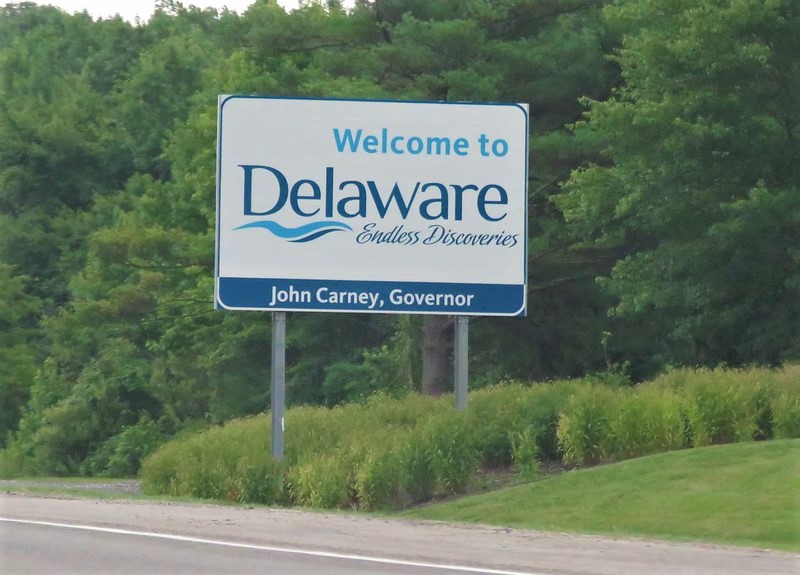Three local tech organizations partnered to launch COVID Slam, a program that employed Baltimore youth to develop solutions to address challenges in remote learning.
A dozen Baltimore youth formed three teams to participate in the program, which was launched with funding from SmartLogic and leadership from Digital Harbor Foundation and Dent Education. The teams worked since December on solutions to an urgent challenge faced by Baltimore youth related to remote learning: mental health. The solutions, which were presented at a virtual showcase event on January 28, all sought to bring levity and joy as an antidote to Zoom fatigue.
The teams worked together since December on their solution and pitch. Each student earned $967.50 along the way, as they clocked in for 55 hours of design thinking, teamwork and experience using digital tools.
“Just know and remember that you have gained so much through the effort that you have put in working with each other, learning principal skills that you’ll be able to apply now and in the future,” Nyah Vanterpool, special projects manager at Digital Harbor Foundation, said at the start of the showcase event. “Please know that each of your ideas are worth more than just a single competition. I cannot wait to see what you do next.”

Here’s a look at the three teams and their work:
Team Stampede
Team Stampede pitched a plan of a weekly Zoom meetings for youth. On Monday, a meeting would check in regarding mental health. On Fridays, they would convene for a session that included playing group games, like Among Us, and rewards to celebrate progress throughout the week. The team included Demetrius Adams, Jahleah DeGraffinried, Adoniram Johnson, and Gabrielle Waddell.

Team Made@Dent
Team Made@Dent continued on the topic of addressing mental health with Baltimore Youth Intermission. The team members pitched an extracurricular, youth-led Zoom meeting, where students can get assistance for school and socialize. The hook in their presentation: They implemented their solution and held a youth intermission on January 20. The team made a video of the event and polled attendees about its success. The team included Oluwasefunmi “Shay” Oluwafemi, Jada Watkins, Assi Sy, and Zhadyn Beckwith.

Team Connect
Team Connect decided to innovate by using Discord as an alternative communication tool for students. The team argued that Discord was more reliable and accessible than Zoom. They said the ability to create a server for Baltimore public school, a classroom, or a club would allow for easier communication and engagement among students, staving off social isolation. In terms of moderation outside of designated individuals, there are scripts and bots that can be programmed into the server that can filter out inappropriate content, team members said. The team included Yolanda Famba, Thelma Williams, Timothy Alper, and Akindele Omotohso.

Winner and reflection
Judges from the partnering tech organizations chose Team Connect as the winner of the COVID Slam, awarding an extra $750. Fortunately, all of the teams got a win because the program will continue, and the teams will combine and collaborate to bring their ideas to reality.
Overall, when the youth reflected on the experience, they said enjoyed being able to meet their peers from other schools and see their ideas. They also felt empowered by the responsibility of treating their work in the program as a job and being accountable for bringing their ideas to life.
“We’re doing adult things,” said Shadyn Beckwith, a Made@Dent team member. “…How often do you get to tell your parents, ‘Oh, I have to go attend a meeting.’”







